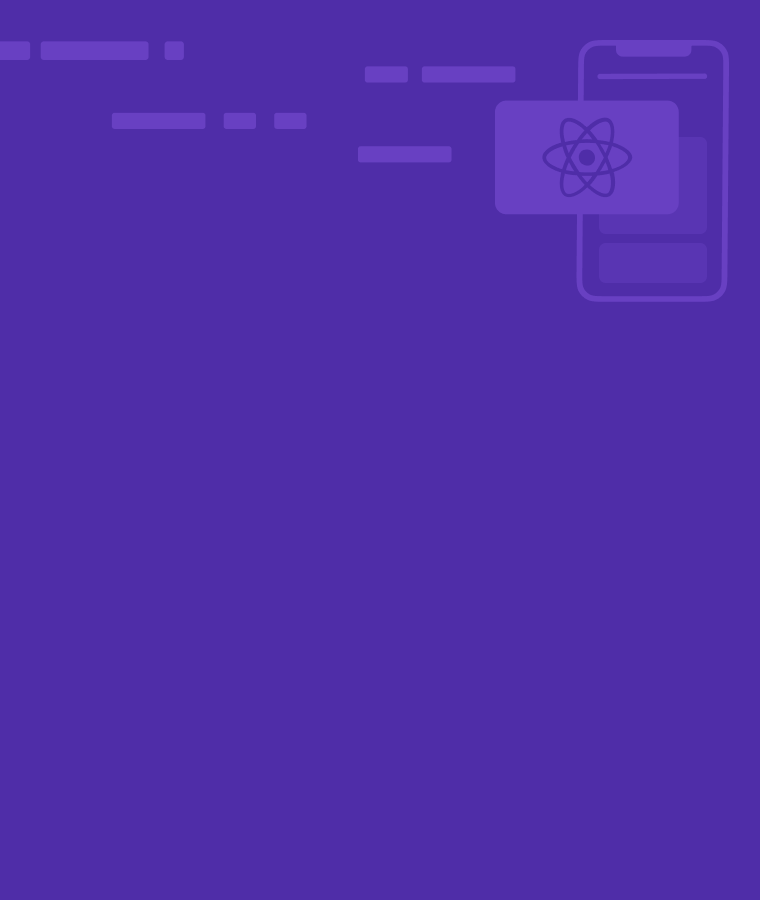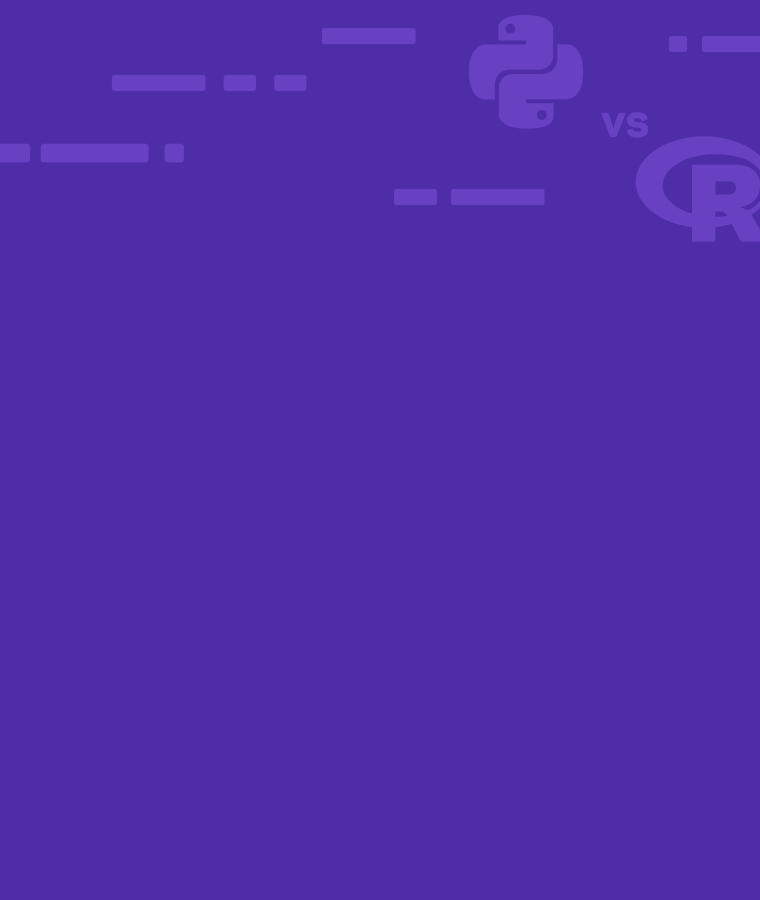
12 reasons why you need to know HTML and CSS if you work in Marketing
In our blog posts, we explore some of the biggest topics around programming, learning, and the tech industry. In the past we’ve covered specific programming languages, as well as explored topics like staying motivated or prioritizing your coding classes appropriately. This week though, we’ll be shifting directly slightly to answer a common question — “Why are CSS and HTML for marketers such a good idea to learn?”
This is a great question, not only for marketing professionals or programmers who work with companies where marketing is a priority. Indeed, knowing how to market a product or application (even if you aren’t coming from a business background) is an essential element for success in getting your software out to a wider audience, and convincing users to adopt your offering over your competitors.
Whether you are looking toward a future in marketing, or simply want to know why HTML and CSS for marketers are so essential to business success in 2021, let’s take a deeper dive into this question. In fact, we’ll explore 12 different reasons taking an HTML and CSS course for marketers is a great thing to add to your coding learning plan.

Reason #1: SEO (Search Engine Optimization)
While SEO has been around for a few years now, surprisingly few business owners and programmers take advantage of the awesome power it can deliver for your product. In simple terms, by optimizing both the CSS/HTML elements of your web pages, as well as the actual content and images on those pages, you can drive your site to be the #1 result for relevant keyword searches in Google and Bing. This can help you save thousands of dollars on traditional ads, by simply driving organic traffic to your site instead (because people will find you in Google without needing to be prompted).
Reason #2: Create Outstanding Blog Posts
As noted above, blog content can not only inform your users or audience about product releases or industry trends, but can also be an invaluable tool for increasing your SEO. CSS and HTML for marketers can let you create beautiful and eye-catching layouts for your blog (instead of relying on a standard WordPress template, for example) that can add a layer of professionalism to the content you create.
Reason #3: Maintain Your Own Portfolio
For designers, artists, and visual creators, being able to share and display your personal portfolio of work for potential clients and collaborators is essential to your work. Here’s another place where HTML and CSS for marketers is invaluable — you gain much more creativity over the portfolio you will share for your company or client, and can offer professional design layouts that highlight the work samples and stand out from competitors.
Reason #4: Create Dynamic Newsletters
Newsletters allow companies to connect with new and existing clients, to share everything from company news to product releases and upcoming events. However, getting your circulation list to actually read your newsletter is often tied to how high-quality your newsletter looks (and if it includes multimedia features, like video clips). CSS and HTML can let you break out from default newsletter templates to create dynamic and interactive newsletters that will keep your reader list invested in your software or company.
Reason #5: Improve Collaboration Between Marketers And The Tech Team
For marketers who don’t know CSS or HTML, releasing promotional materials or marketing campaigns takes frustratingly longer because marketers must rely on working with their IT team to actually build out the materials. However, if marketers learn CSS and HTML, and are able to understand the technical aspects of development themselves (or even build some of the materials without tech help), the communication and collaboration process becomes significantly more streamlined, and the marketing campaigns much more efficient.
Reason #6: Marketers Can Analyze And Measure Campaigns More Effectively
Surveys, exit interviews, feedback forms, questions during signup processes — for years, marketing professionals were forced to rely on voluntary customer feedback and sales metrics to measure the effectiveness of a marketing campaign. With CSS and HTML, marketers can instead code solutions to capture data like screen time on a particular page, insights about who is visiting a web page, and interactions with different buttons or ads. Instead of making “best guesses” as a marketing campaign’s effectiveness, HTML and CSS for marketers allow you to capture real-time and concrete data to inform future marketing decisions.
Reason #7: Reuse Prior Campaign Code Snippets And Fix Tiny Bugs Or Issues Yourself
Since marketing campaigns will often rely on similar design and layout choices (with specific content like promotional and ad wording being changed for newer campaigns), being able to reuse code snippets to quickly create mockups of new marketing campaigns is another benefit for CSS and HTML-savvy marketing professionals. Likewise, instead of relying on the IT department if you discover a bug in your marketing materials, CSS and HTML knowledge can allow marketing professionals to solve their own issues — again avoiding the back and forth that would otherwise need to happen to fix those bugs.
Reason #8: Style Pages Based On Your Vision, Without Developer Help
One of the big frustrations for marketing professionals without tech knowledge is seeing mockups for marketing pages come back from the tech team who have missed the vision completely. This leads to a back and forth of providing feedback, going back to the drawing board, and then tinkering until pages actually meet the marketing team’s ideas. In contrast, knowing your own CSS and HTML principles can let you simply create what you have in mind, and avoid this entire time-consuming process.
Reason #9: Inspect Both Your Competitor’s Promotional Pages As Well As Your Own
One of the most unsung benefits of knowing CSS and HTML as a marketer is the ability to gain more information than ever before about competitors. This advantage is due to the ability to inspect their marketing pages to see their underlying code, and using your CSS and HTML knowledge, seeing what tricks and tools they are employing. This practice allows you to can gain valuable competitive intel that you wouldn’t have access to otherwise. Similarly, you can inspect your own pages and materials if issues arise with display or functionality to see if you can figure out the issue and fix it yourself, before needing to call in your IT team.
Reason #10: Get More Out Of Template-Driven Tools Like Squarespace Or WordPress
While many companies rely on sites like Squarespace and WordPress because of their “out-of-the-box” solutions for creating websites and blogs, by nature even the most dynamic templates these sites offer are limited by their existing code. CSS and HTML can help again — since you can write in small changes to existing templates to help craft them to your own design and functionality needs. Thus, while a template can still save you a lot of work, you won’t be forced to settle if you need to change the template’s options a bit to meet your needs!
Reason #11: Get Better Job Opportunities, Or Hire Better People
More and more major marketing firms are looking at CSS and HTML for marketers as a prerequisite during the hiring process. This means that your job opportunities will grow significantly if you can bring CSS or HTML knowledge to bear for a particular marketing position. Likewise, if you are in charge of hiring new marketing team members, knowing CSS and HTML yourself will make it much easier to determine the technical chops of any applicants, and thus help you better hire the best talent to help your company grow and experience marketing success.
Reason #12: Use CSS and HTML To Jumpstart Your Learning Of More Advanced Coding Languages
Once you’ve experienced the benefits of learning and using CSS and HTML as you perform day-to-day marketing work, you can probably imagine why learning more complex languages is a natural next step. You can use CSS and HTML as a starting point (given that you’ll learn some basic web development and design principles to help you along) to learning more powerful and versatile languages like JavaScript, Python, or Java — providing you with even more opportunities to break free from your IT team and build responsive and stylish marketing pages and materials yourself.


